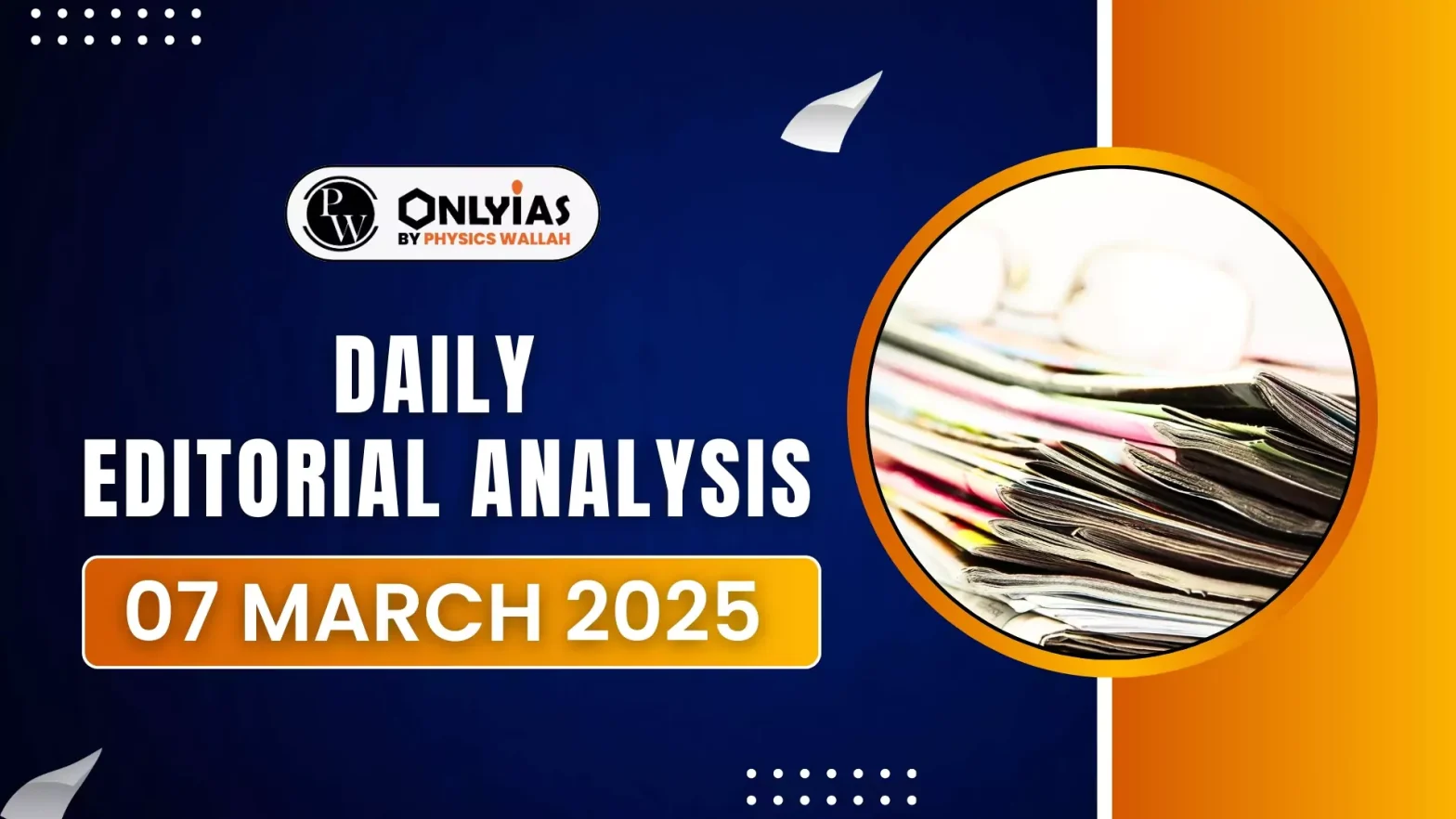![]() 7 Mar 2025
7 Mar 2025

Recently, a study by TeamLease EdTech last year found that over 61% of educators are using AI tools in India.
AI is a powerful tool, but it should not be followed blindly. Retain your ability to think critically. “Control AI, don’t let AI control you!”
| Mains Practice Question |
|---|

<div class="new-fform">
</div>